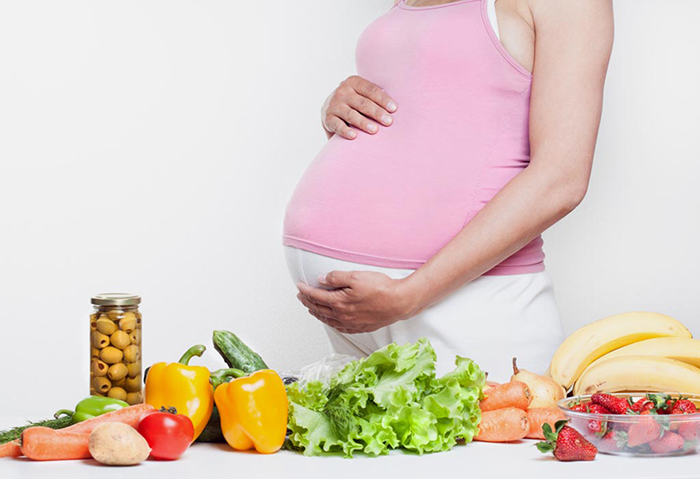In a study published in The American Journal of Clinical Nutrition, eating a balanced diet with plenty of traditional vegetables such as cabbage, broccoli, green beans can greatly lower the chances for preterm birth.
Dereje G. Gete, a PhD student at the Queensland University, Australia, said in a press release that traditional vegetables are loaded with anti-inflammatory, and antioxidants nutrients that plays a major role in lowering the adverse consequences of birth.
In a study performed in the Australian Longitudinal Study on Women’s Health, Gete and colleagues examined women who became a part of it. This study is a population-based prospective study that started in the year 1996 and conducts in every three years. These surveys were based on a food frequency questionnaire, that researchers used for the identification of four types of dietary patterns that included high fats, and meats, sugar, traditional vegetables, processed foods, refined grains, and prudent diets. Researchers included 3,422 pairs of mother-newborns in their analysis of preterm birth, pre-pregnancy diet and low birth weight.
After adjustment of lifestyle factors, like pregnancy-induced gestational diabetes, physical activity, alcohol intake, Gete and colleagues figured out that the chances for preterm birth was less in women who consumed more of traditional vegetables in their diet compared to those who consumed the least.
Women in the former category were also found to have significantly low chances of spontaneous preterm birth issues than the latter ones (RR ratio = 0.62; 95% CI, 0.39-1). However, examiners found that these results were reduced with pre-pregnancy BMI. There was no significant link found between low birth weight, and a conventional vegetable diet.
Also read: Third Trimester Pregnancy Diet: What To Eat And What To Avoid?
Gete said in a press release that women rely on specific types of stored nutrients before conception. These nutrients are iron, and calcium. They are important for the development of fetus tissue, and placenta. According to Erin Michael, adopting a healthier diet after getting pregnant can be very late, as babies gets fully developed by the end of the first three months.

